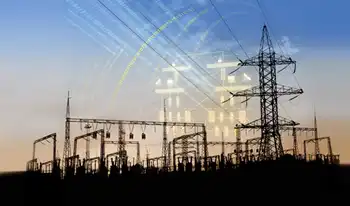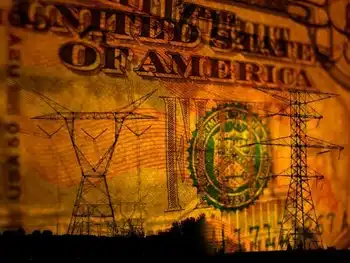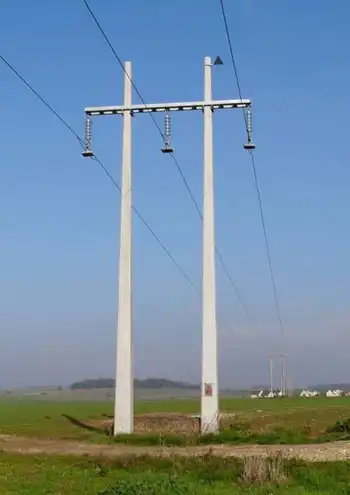Minnesota Signs Deal With Manitoba Hydro
WINNIPEG -- - The Minnesota Public Utilities Commission has unanimously approved a $1.7 billion power export deal with Manitoba Hydro.
It allows Minneapolis-based Xcel Energy to import power from Manitoba Hydro, despite the objections of aboriginal groups.
The 500-megawatt, 10-year deal was given the go-ahead.
It's an extension of an existing deal and will allow power to be exported until 2015.
Approval by Canada's National Energy Board is pending.
The Minnesota decision is a blow to the Pimicikamak Cree Nation of Cross Lake, Manitoba. They had asked the commission to first call a formal hearing into the social and economic impact of historic hydro development on their homeland.
Related News

A new nuclear reactor in the U.S. starts up. It's the first in nearly seven years
ATLANTA - Vogtle Unit 3 Initial Criticality marks the startup of a new U.S. nuclear reactor, initiating fission to produce heat, steam, and electricity, supporting clean energy goals, grid reliability, and carbon-free baseload power.
Key Points
Vogtle Unit 3 Initial Criticality is the first fission startup, launching power generation at a new U.S. reactor.
✅ First new U.S. reactor to reach criticality since 2016
✅ Generates carbon-free baseload power for the grid
✅ Faced cost overruns and delays during construction
For the first time in almost seven years, a new nuclear reactor has started up in the United…




